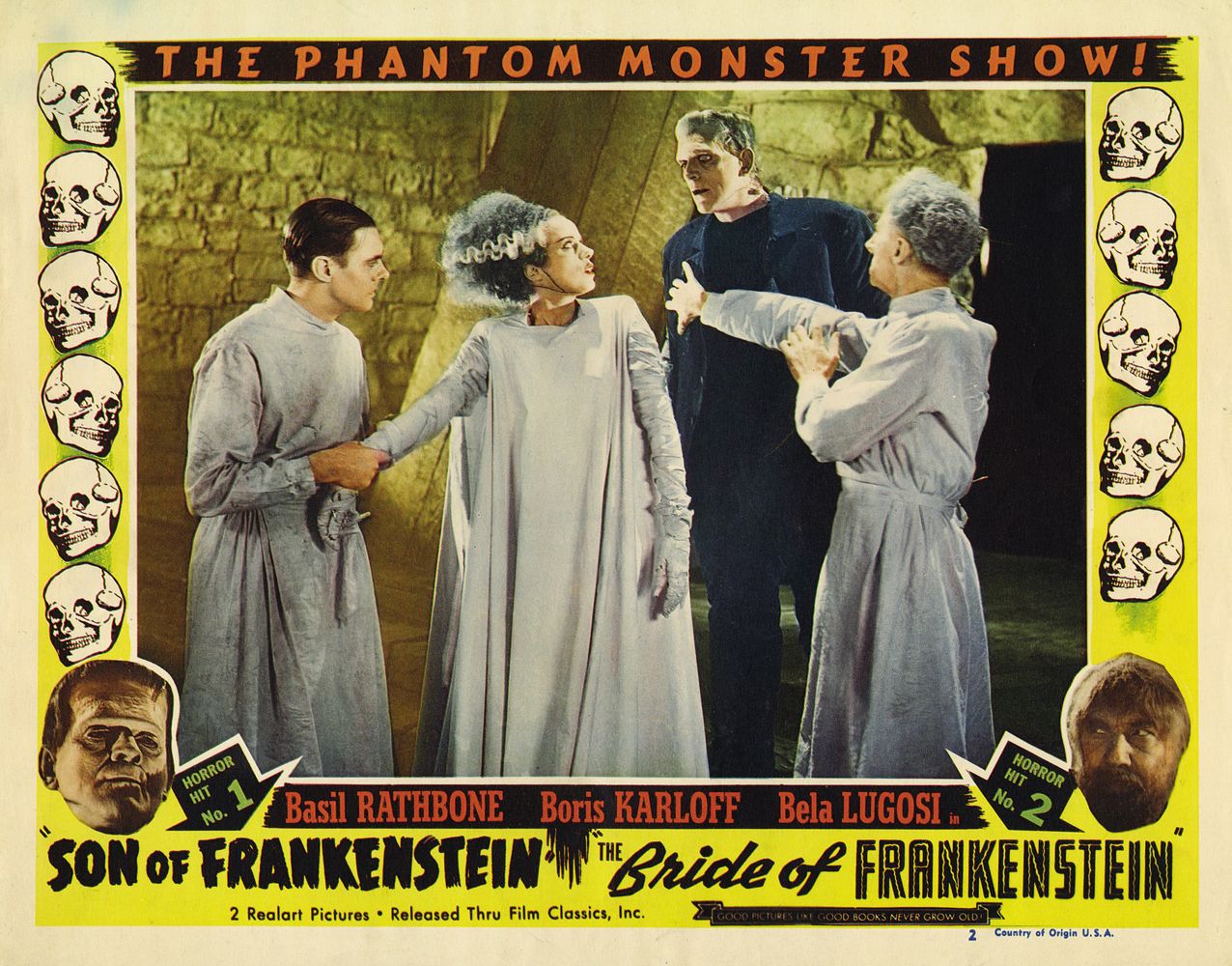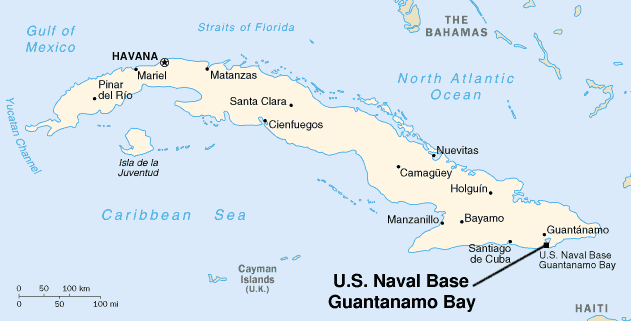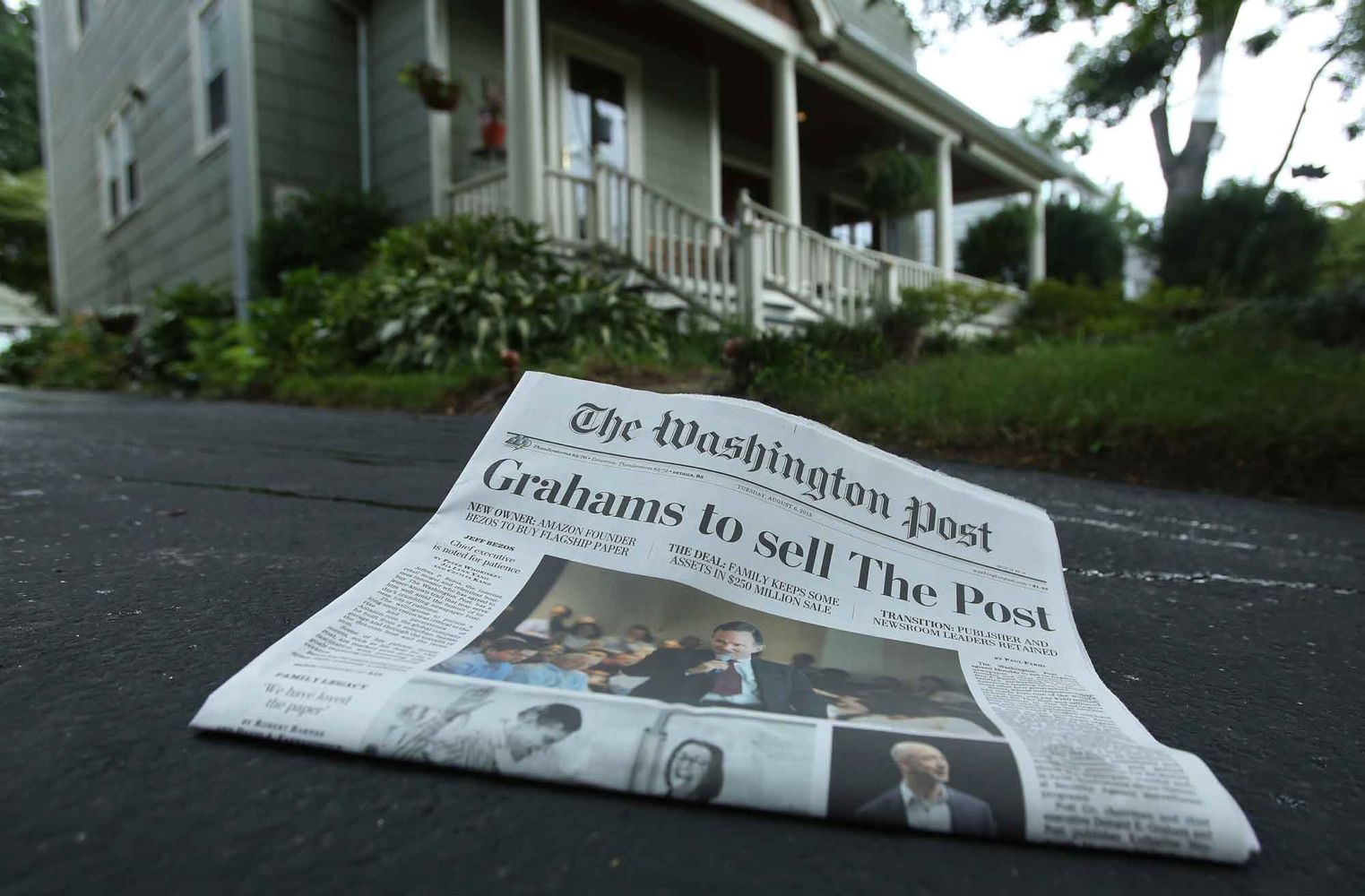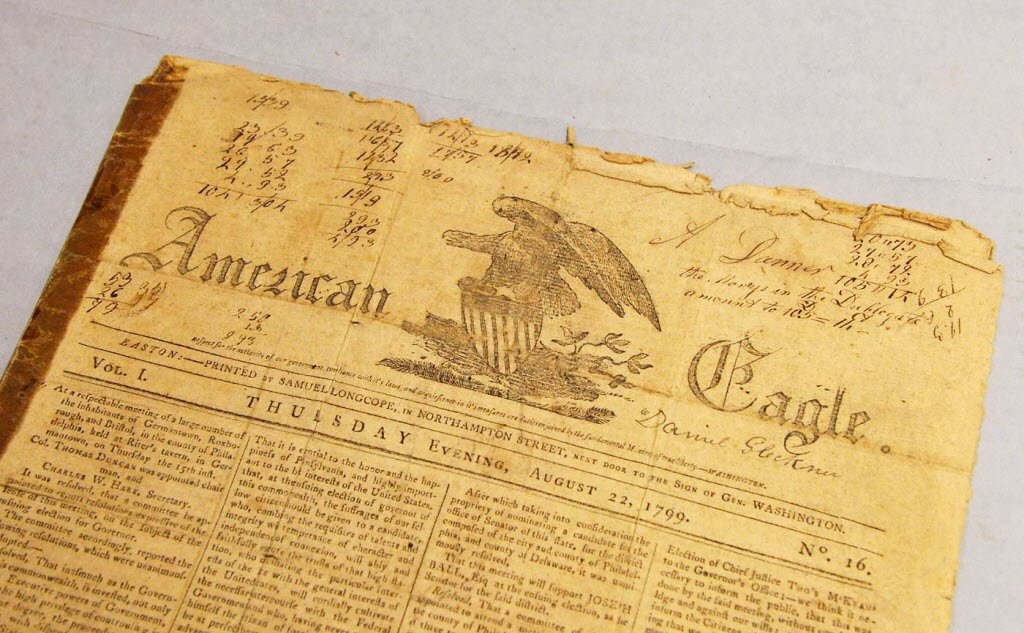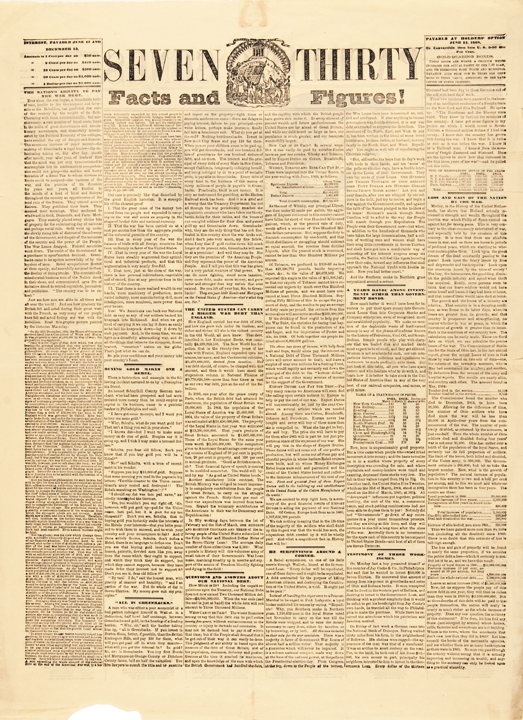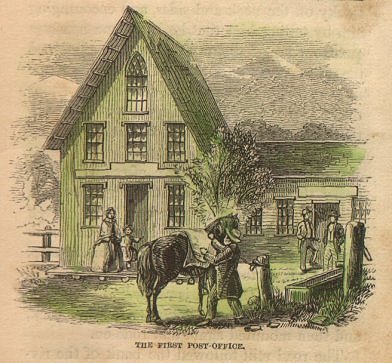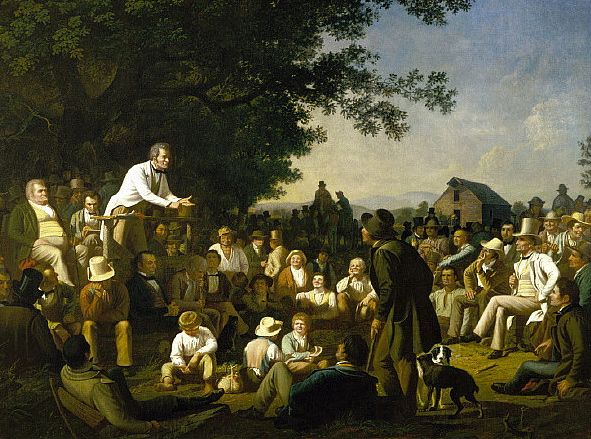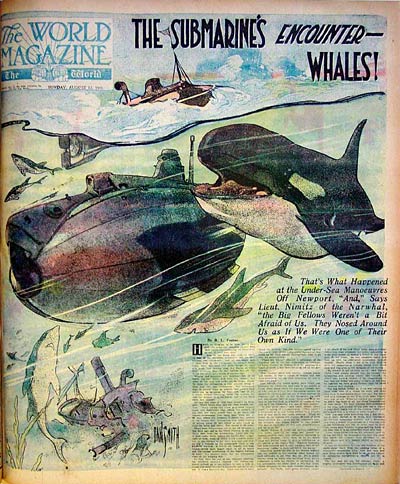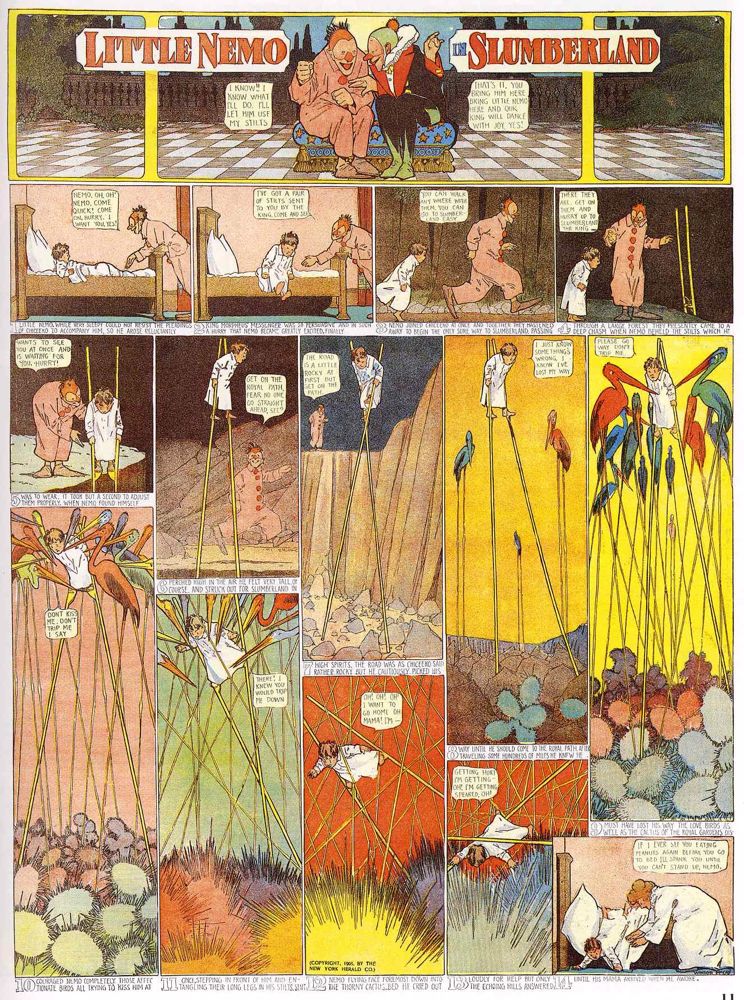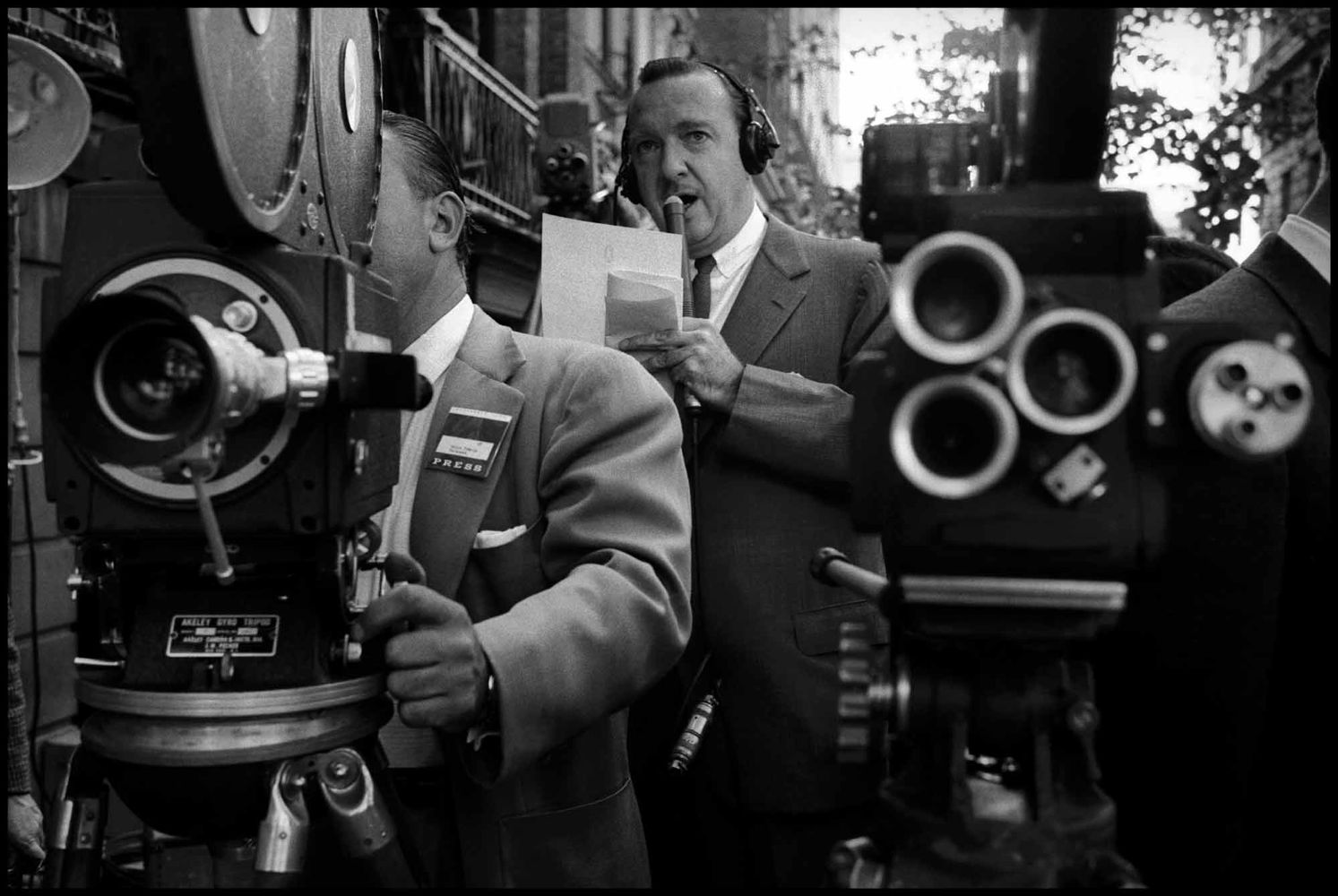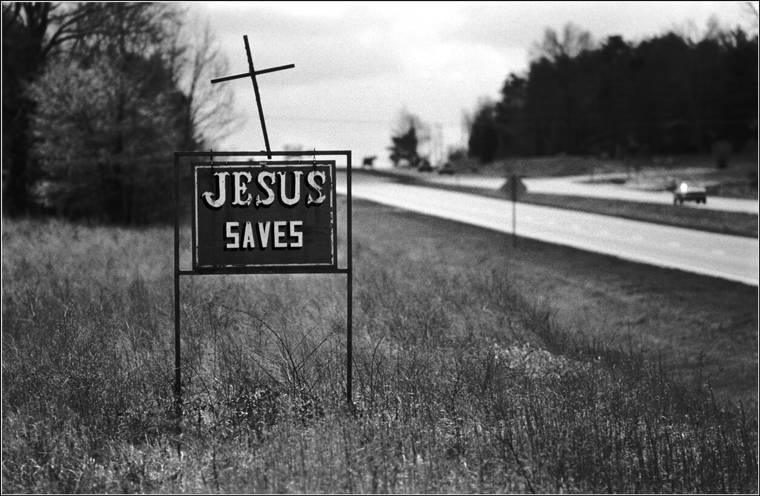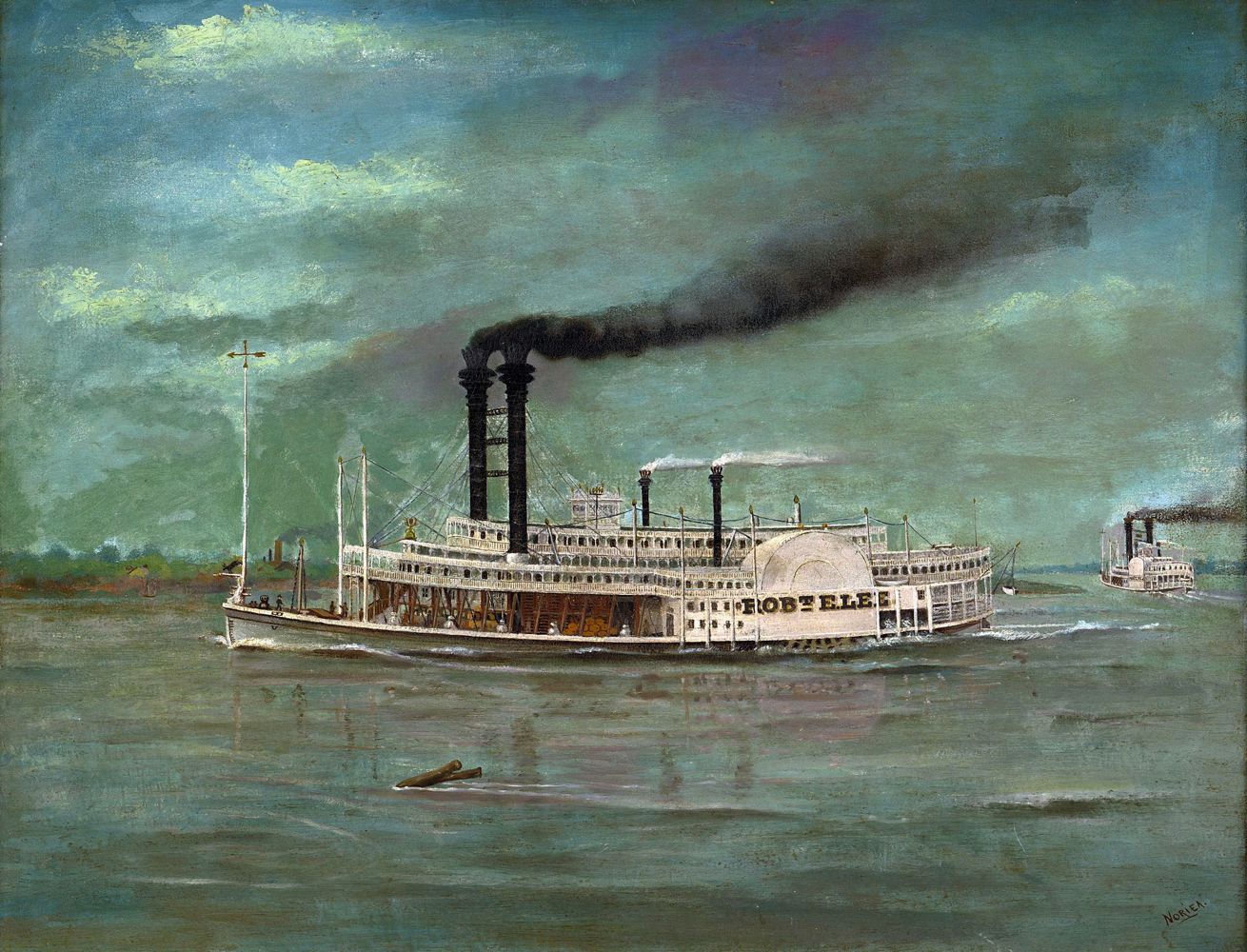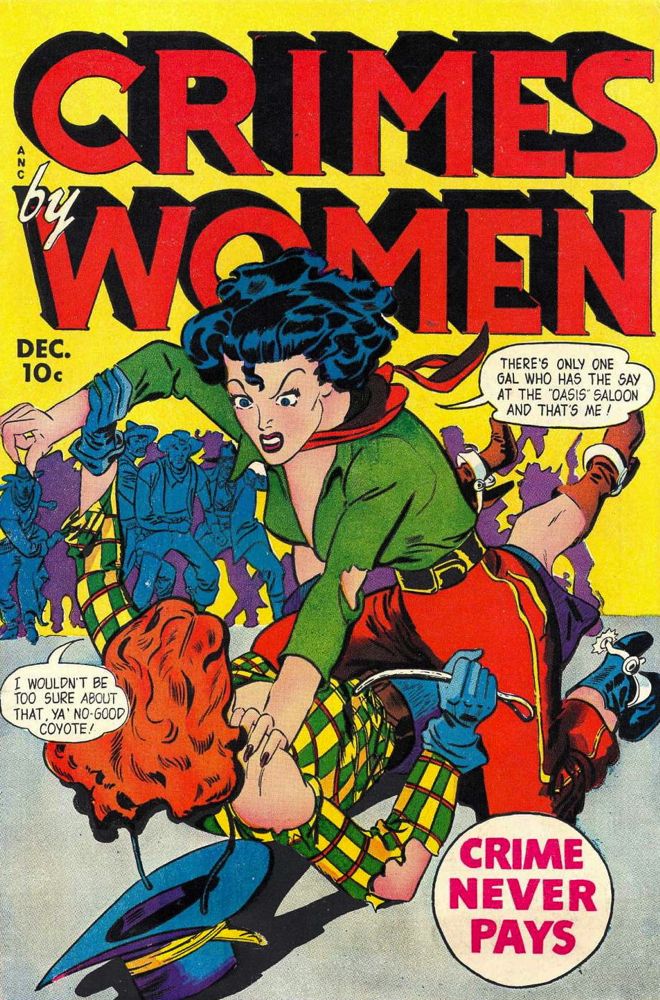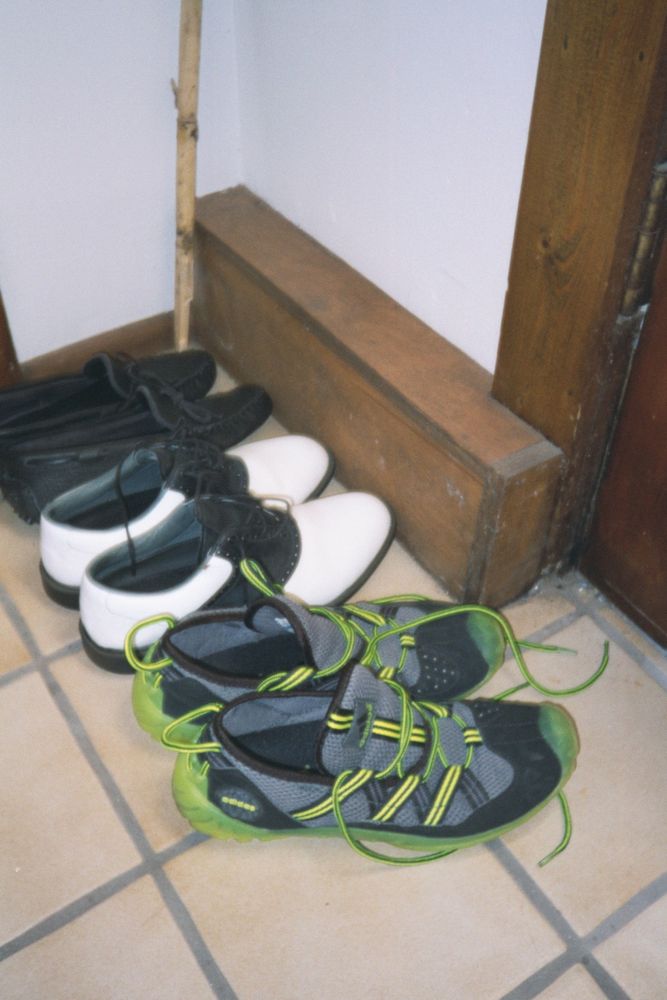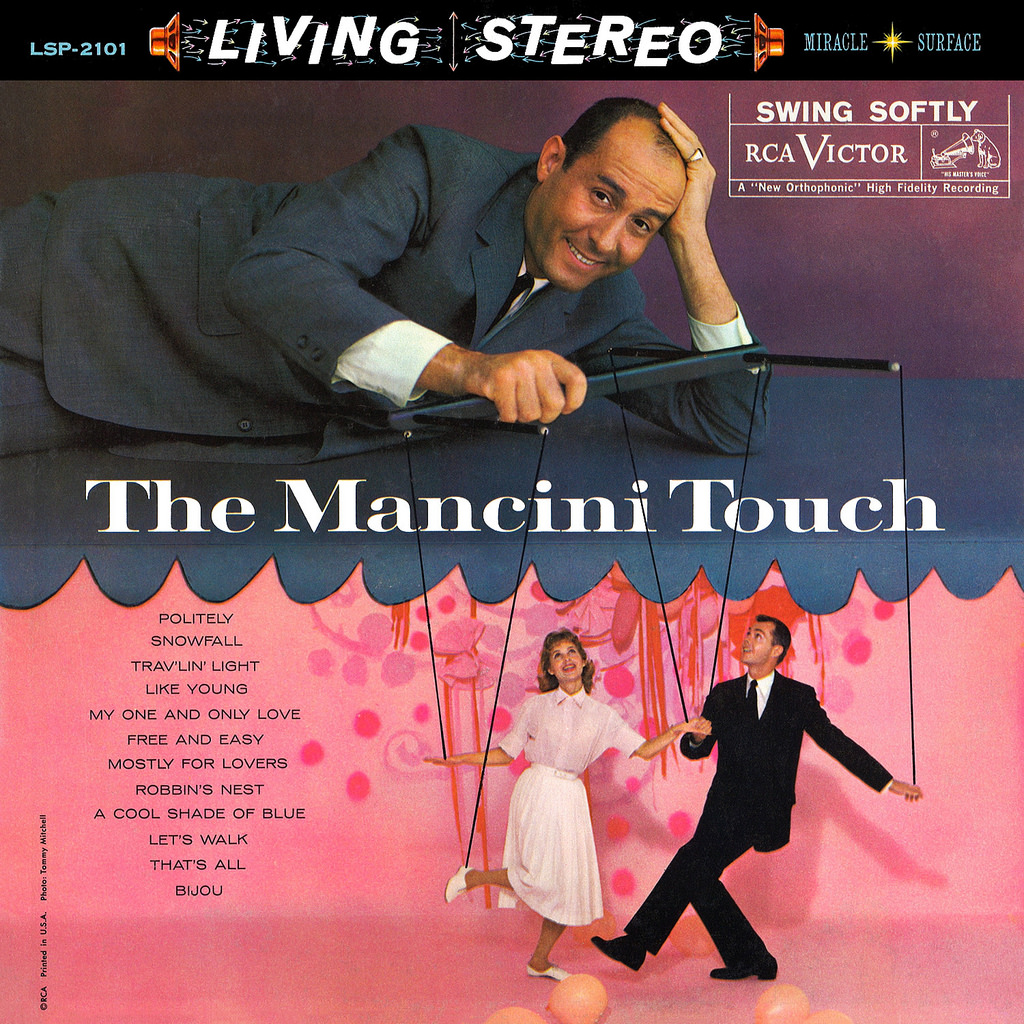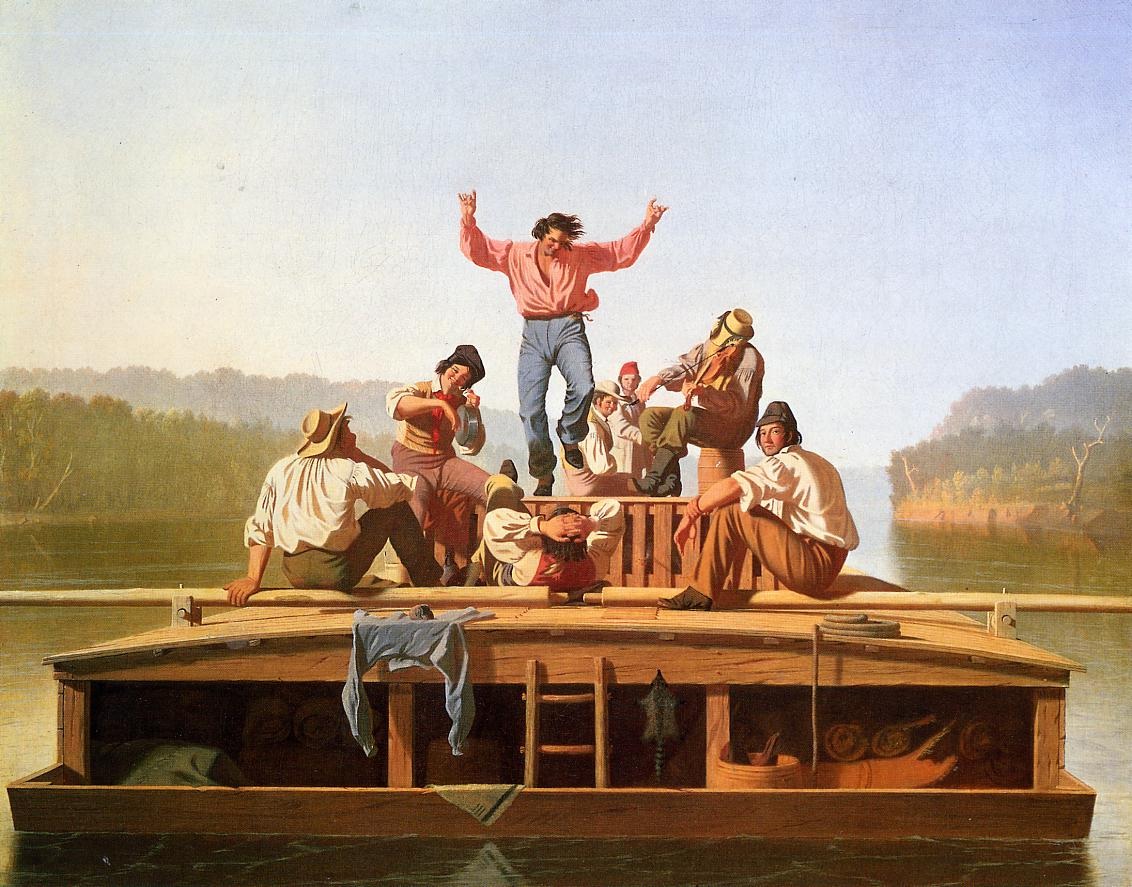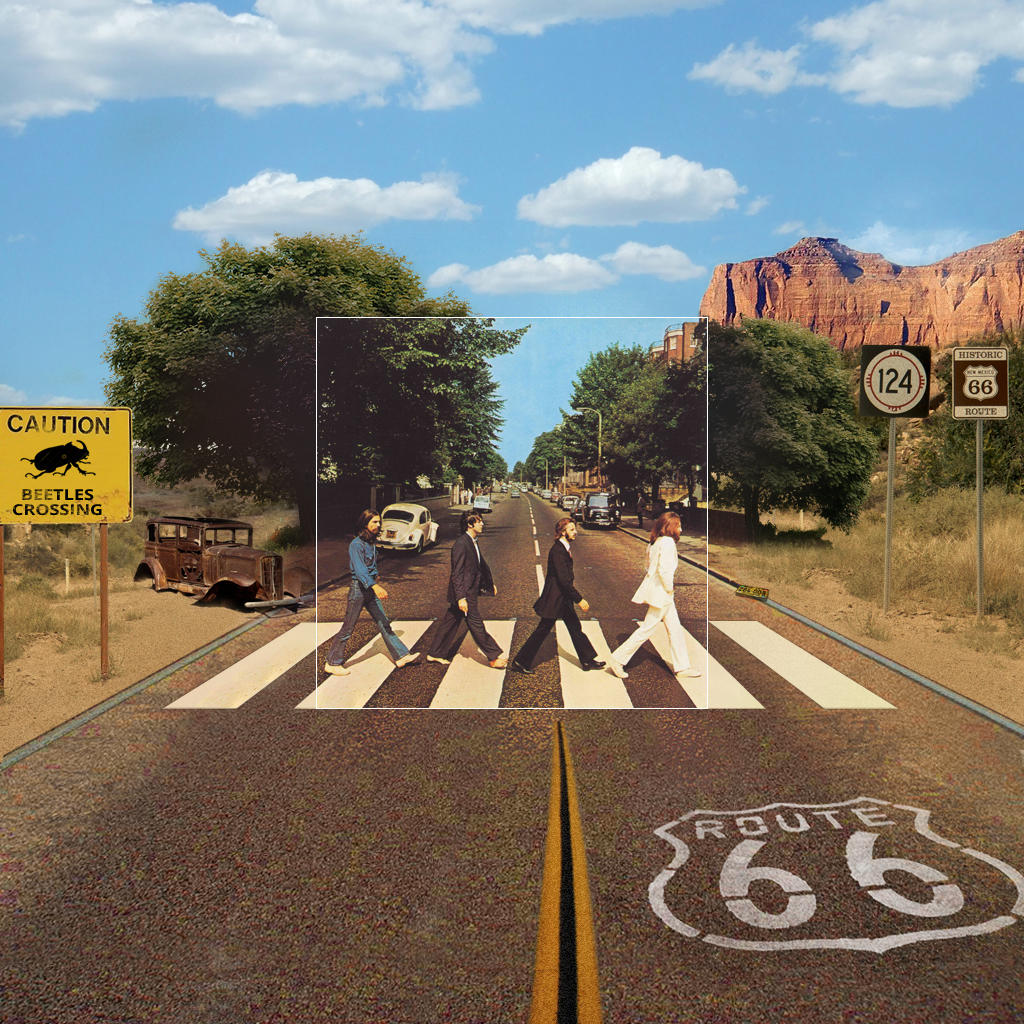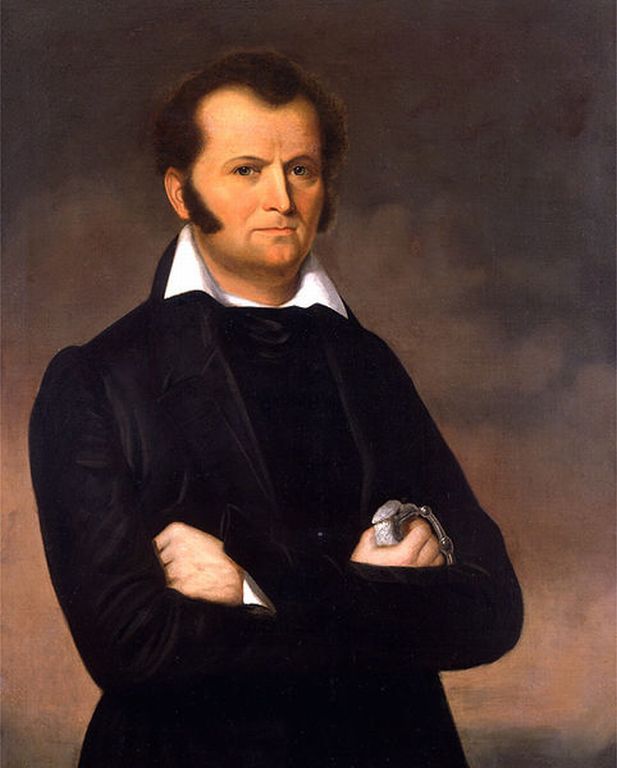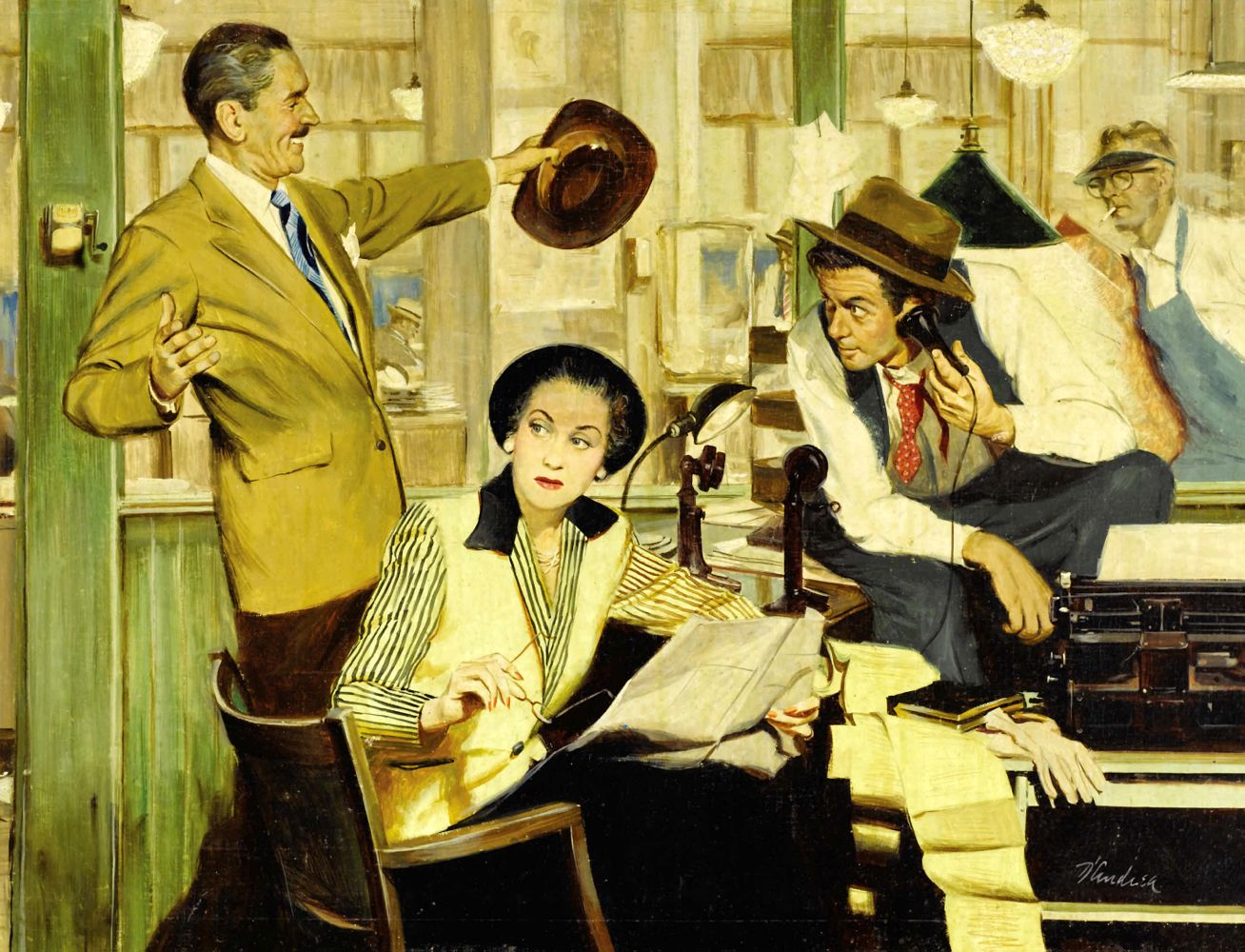Click on the image to enlarge.
QUARANTINE
I know one needs to be cautious in the use of quarantines but sometimes it’s better to be safe than sorry — which is why I’m calling on President Obama to use an executive order to quarantine the governors of Maine, New York and New Jersey at the U. S. Naval Base on Guantanamo Bay until the Ebola panic subsides.
Their hysteria is probably more contagious than the Ebola virus itself. The governors could be kept in comfortable quarters, given psychiatric counseling and then returned to normal life when they were no longer presenting symptoms of irrational paranoia.
We have to balance their civil rights against the need for public order — and we have an obligation to the men themselves.
You just have to look at them to know they need help.
NEWS
In a fascinating and thoughtful essay for the Brookings Institute, former Washington Post editor Robert G. Kaiser takes a look at the dire future that lies ahead for the traditional news media:
A few thoughts about it occur to me.
First of all, at the time of the founding of the republic, when the founders determined that a free press was essential to a free state, there were no major news organizations like the ones we’re used to. There was plenty of press, vast numbers of competing newspapers in the major cities and in the provinces, and occasional broadsheets on every sort of subject published by the thousands.
These media were typically partisan, highly partisan, and not always scrupulous about the facts — there were no news sources “of record” people could consult for anything like an objective arbitration of the competing voices of the press. And yet for generations the people, from New York City to the bayous of Louisiana, were able to conduct a more or less rational conversation about national policy, to raise up politicians of skill and even at times genius to conduct that policy.
Civic engagement at the local level, decentralized as it may have been, translated into national movements and initiatives. A national postal service, like the Internet of its day, enabled distant people to communicate with each other about politics all over the country, and itinerant political speakers, seeking office or influence, mounted the stump in the most remote frontier settlements.
It was chaotic, as the Internet is today, but it worked remarkably well.
When the great metropolitan newspapers arose in the second half of the 19th Century, the ones that somewhat resemble the great metropolitan newspapers of the second half of the 20th Century, the ones that are dying today, the modern form of media was created — but there was a crucial difference.
The great 19th-Century newspapers, and magazines, earned their money directly from readers, by sales and subscriptions. In the 20th Century, revenues came more and more from advertisers, and the loss of advertising revenue now, in the digital age, is what is killing 21st-Century newspapers.
Is this a bad thing? Depending on advertisers makes newspapers beholden to them, unwilling to publish news unfavorable to them. Depending less on readers makes newspapers less responsive to their wants and needs. The great newspapers of the late 19th Century were filled with entertaining nonsense alongside the hard news, but also with entertaining and brilliant popular art, in the form of color comics and graphic illustrations.
The dynamic of traditional advertising-based media worked well when they were the only game in town, but now they’re not. People are finding their news and their entertainment and their visual stimulation elsewhere, advertisers are following them, and traditional media are being left behind.
Something tells me that American democracy is capable of surviving with a chaotic, decentralized electronic press, in many ways so much like the press in Thomas Jefferson’s day. Something tells me that if the modern corporate media have to rely once again on their consumers for revenue, rather than on their advertisers, they will put out a livelier if perhaps less respectable product, but one still capable of delivering hard and relatively objective news.
Meanwhile, a word about Texas, which in so many areas bucks the trends in the rest of America. Texas has some of the most energetic, shrewd and entertaining local political reporting in America right now. It’s aided by the fact that Texas politics and Texas politicians are so eccentric — they must be fun to write about and they are certainly fun to read about.
[Photo above by Roxanne Rathge]
I got interested in Texas politics through reading Big, Hot, Cheap and Right, Erica Grieder’s fascinating survey of the state today. Grieder (above), one of the sharpest political reporters in the nation, writes provocative articles for Texas Monthly — a magazine that also has a barbecue editor, a guy who reports only on barbecue. In other words, it takes a comprehensive populist look at affairs in the Lone Star State.
The Texas Tribune is a non-profit online newspaper based in Austin dedicated to in-depth coverage of the Texas political scene. It also hosts public events with speakers and panels discussing current political issues of interest to Texans.
I don’t know how local Texas newspapers and magazines are faring financially, but they are fielding teams of journalists who keep a close eye on local Texas politics and report on it entertainingly. They converse and debate with each other goodnaturedly, from both ends of the political spectrum, on forums like Twitter. They like to talk about barbecue.
Texas seems to have a healthy free press operating at the moment, in both conventional and unconventional media — a press as healthy as its economy. Perhaps it’s just an illusion — perhaps the prominent news media in Texas are facing the same bleak prospects as the prominent news media elsewhere — but it sure doesn’t feel that way.
As with jobs creation, is Texas doing something right with respect to its press that the rest of America ought to take a look at?
SAVED
This is an interesting word.
In the conventional usage of organized Christianity it means passed (as in passed the test) or elected (as in elected to the club) or distinguished (as by a celestial diadem).
In everyday life it means rescued from disaster, which sort of rescue was the everyday business of Jesus. Passing, election, distinction — he didn’t have time for that shit. He had actual work to do, still does.
Organized Christianity, get the fuck out of his way — we don’t need you, he doesn’t need you . . . your time has come and gone.
VIRGINIA WOOLF ON STYLE
Style is a very simple matter: it is all rhythm. Once you get that, you can’t use the wrong words. But on the other hand here am I sitting after half the morning, crammed with ideas, and visions, and so on, and can’t dislodge them, for lack of the right rhythm. Now this is very profound, what rhythm is, and goes far deeper than words. A sight, an emotion, creates this wave in the mind, long before it makes words to fit it; and in writing (such is my present belief) one has to recapture this, and set this working (which has nothing apparently to do with words) and then, as it breaks and tumbles in the mind, it makes words to fit it. But no doubt I shall think differently next year.
AN AUGUST NORIERI FOR TODAY
A COMIC BOOK COVER FOR TODAY
FROM THE ARCHIVES: REPORT FROM THE BEACH, 30 OCTOBER 1999
There are many spiders in my little bunker by the sea. They are very sensitive and painfully shy, but also very proud of the magical webs they weave, and of their own odd grace. I never kill them — except one that I thought might be a black widow — and I give them a lot of admiration. I believe that they appreciate it. (And I’m convinced that they are deeply humiliated, devastated really, by all the ill-will directed towards them on Halloween. I am especially nice to them at this time of year.)
When I first moved in they would sometimes crawl on the bed, and I would always remove them gently to some other place, and now they know that I don’t like them on the bed, and respect my wishes. They wait in their own little corners but always seem happy to see me. They are lonely creatures, and hopeful that they have set their webs in a good place, and they get rid of really bad insects, like mosquitoes and flies, who are rude and dangerous.
There are some beautiful long-legged spiders, airy and delicate, who live above my shower. Sometimes they forget and drop too far down, so when I take a shower I have to turn the water on slightly to remind them that it’s about to rain. They scurry back up to the ceiling on their invisible threads.
Learning to love spiders has been one of the best things about living here . . .
AN LP COVER FOR TODAY
DANCE, BOATMAN, DANCE
The king of them all is starting to fall — I lost my love at the boatman’s ball . . .
THE JOLLY FLATBOATMEN
ORIGINAL UNCROPPED ABBEY ROAD COVER
JIM BOWIE
AN ONLINE GALLERY WORTH VISITING
A Flickr user who calls himself oldcarguy41 has created a wonderful Photo Stream of vintage illustration, advertising and pin-up art, mostly in excellent high-res scans. It’s an impressive and valuable curatorial achievement and a delight to browse through.
I discovered the illustration above, by Bernard D’Andrea, in the collection, which you can visit here.
Click on the image to enlarge.
WILL YOU COME TO THE BOWER

